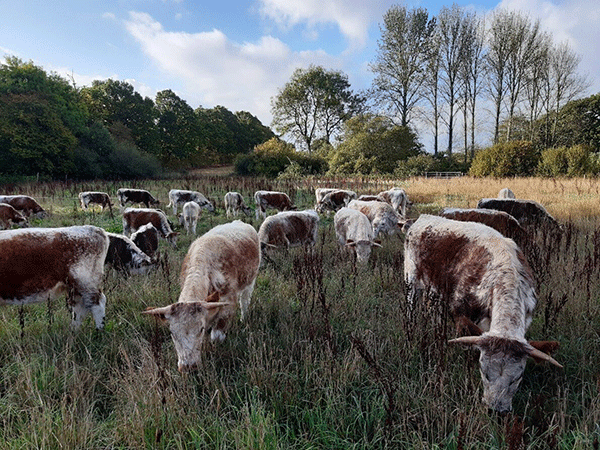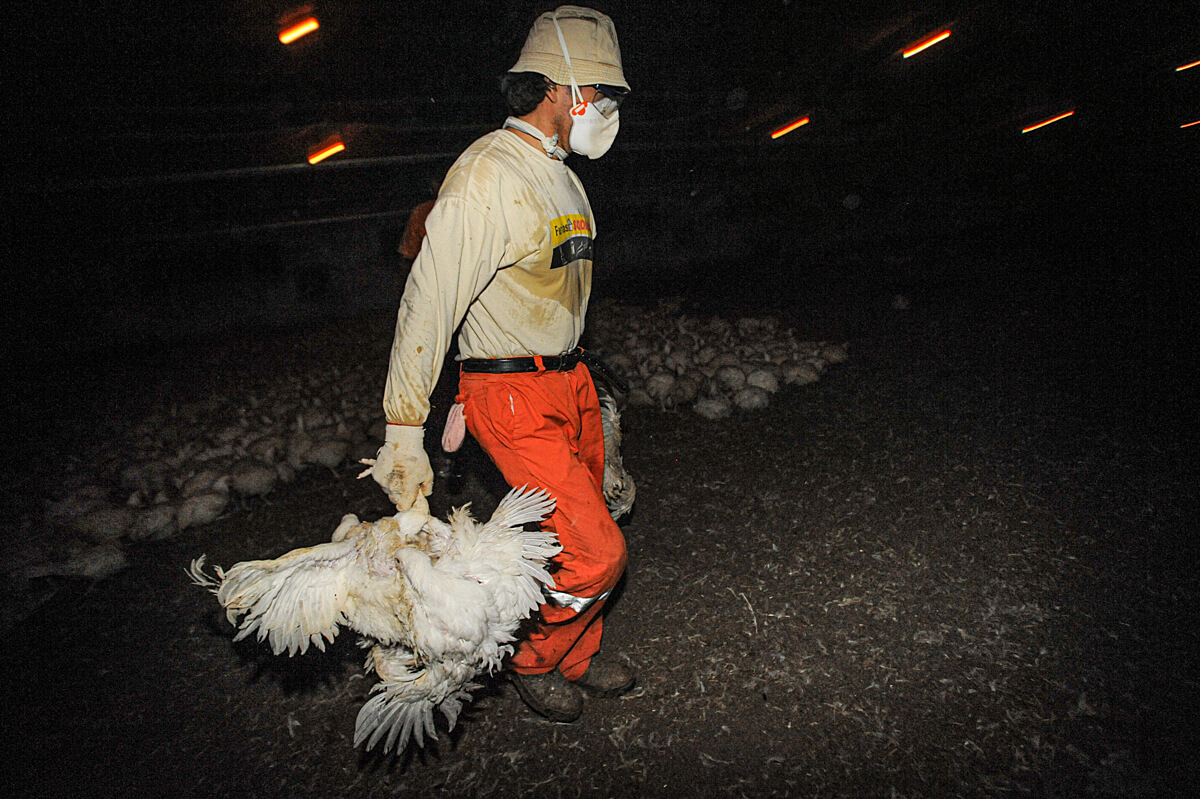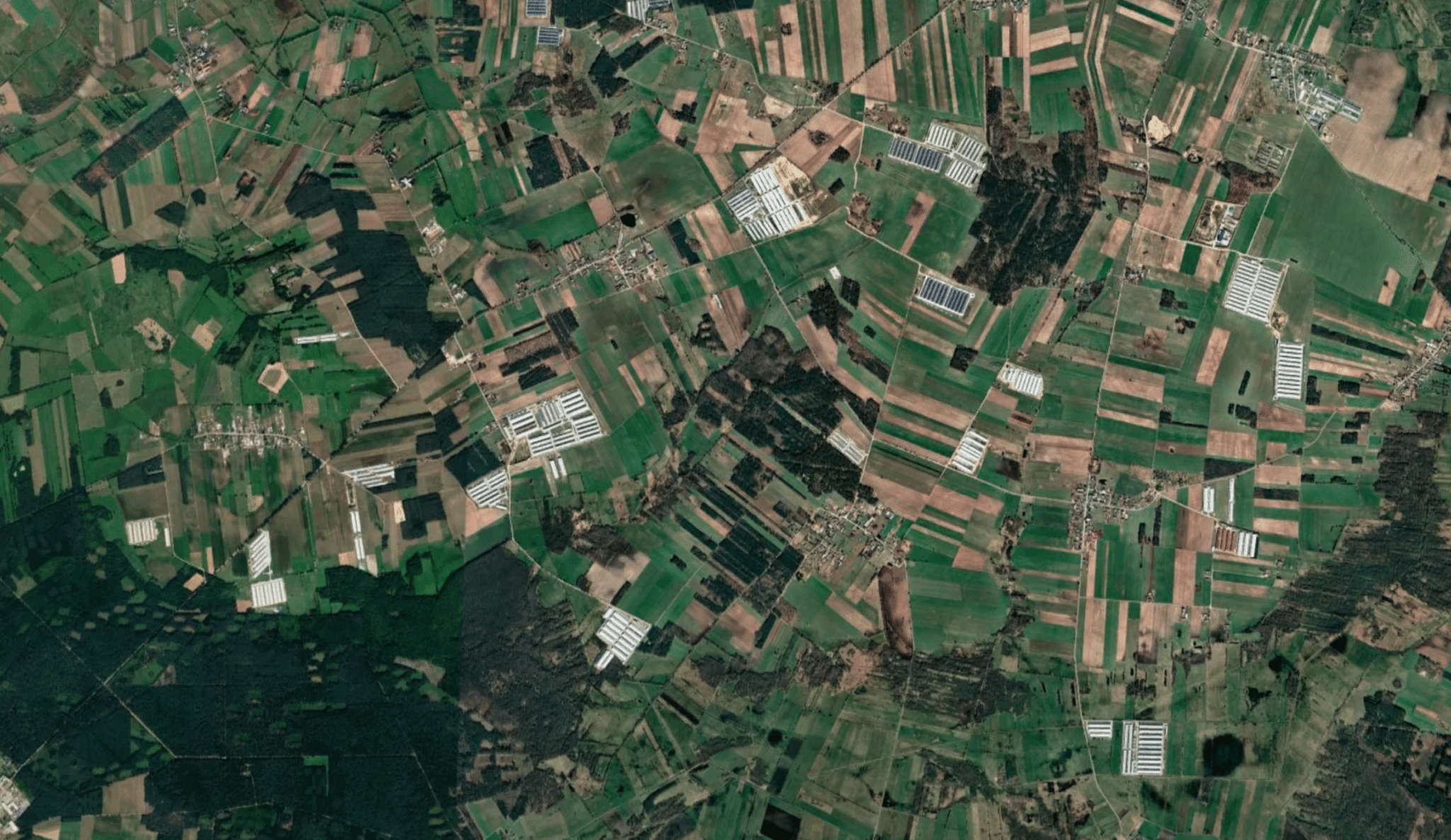A renowned rewilding estate has launched a regenerative farming project to demonstrate how food production and conservation can work in harmony.
The Knepp Estate in West Sussex, made famous by founder Isabella Tree’s book Wilding, has taken on an adjacent 150 hectares of farmland and will initially host organic cattle, poultry, and a market garden that will supply a farm shop on the premises.
The new project will be led by the former general manager of the Pasture Fed Livestock Association, the certifying body for grass fed meat and dairy, Russ Carrington, who said: “The vision of this project is to deliver multiple ‘public goods’ for the local community and wider society – healthy food, of course, but also better soil, clean water, clean air and habitat for wildlife, and all the while sequestering carbon to help combat climate change.”
Co-owner of Knepp, Charlie Burrell, said: “For us, rewilding and regenerative farming go hand-in-hand. It’s the sustainable, productive, wildlife-friendly future of our countryside.”

Some 20 years ago, Knepp diverged from traditional land use and farming to pursue a conservation rewilding project. The regenerative farming project marks a comeback into farming, aiming to demonstrate how conservation and regenerative agriculture can work together. Regenerative farming is a term used to describe farming using principles of restoring soil and water.
Rewilding projects have come under scrutiny for reduced food production output, but Carrington told Wicked Leeks that Knepp produces 75 tonnes of live weight meat per year, sold via their brand Knepp Wild Range Meat.
He added: “Creating space for nature supports food production by providing a home for pollinators and species such as owls which can be of benefit to neighbouring farmers and their crops too. This is something we’re really hoping to investigate and understand with this project.”













Is the 120 tonnes they refer to live weight or dead weight? As of dead weight that is a very impressive amount of meat to produce on such small acreage even with the regen practices.
What’s the break down how many cows, sheep, pigs etc.
Thanks
The cattle roam freely over more or less the whole estate, apart from an area near the house and the equestrian centre – the total estate is 3,500 acres. Also roaming free are deer and pigs
.
The estate is accessible via a network of public footpaths and has a walkers car park close in Swallows Lane Dial Post. This is the ONLY location for parking.
Last Spring Storks nested and produced young for the first time in the UK since the Middle Ages
A visit is highly recommended and the Beef Burgers are lovely! .
I think that 120 tonnes is a misquote. The Knepp Estate sells 75 tonnes live-weight of free-roaming, pasture-fed, organic meat every year, not 120 tonnes.
Go to the Knepp Estate Wild Range Meat web page to find out more:
https://www.kneppestate.co.uk/wild-range-meat
You are in fact right, 75 tonnes of live weight. Good spot
Hi Bwilliams11,
So 120 tonnes refers to the Knepp rewilding estate which is adjacent to the planned regenerative project. This estate is 1400 hectares.
Here they have English longhorns, Tamworth pigs, and red and fallow deer roaming and cull them when necessary for meat.
On the regenerative farm, since they’ve just started the project, understandably they don’t know how much beef and chicken they will produce exactly.
However, I have asked about the exact breakdown of the Knepp Estate meat and will get back to you!
So it is in fact 75 tonnes of live weight meat. Russ said : ‘The meat yields do vary across the different species, and there is also variation during the year depending on the fat cover, plus age and so on. For cattle, deadweight tends to be about 55% of liveweight.’